A media regulator in northeastern Syria has suspended the license of a major Kurdish news network in a move that critics believe is political.
The media office for the Kurdish-led Autonomous Administration of North and East Syria (AANES) suspended Rudaw TV's license to broadcast in the region indefinitely on Saturday and revoked its journalists' credentials.
"For a long time, Rudaw news network has been inciting strife and distorting the image of the institutions working in north and east Syria through its news broadcasts," said the AANES media office.
The statement did not specify what broadcasts or reporting prompted the suspension.
Rudaw had twice received warning notices but did not change its broadcasting policy, the media office said in a statement.
VOA contacted Jiwan Mala Ibrahim, co-chair of the AANES media office, but Ibrahim said he wasn't immediately available to comment.
Rudaw, a pan-Kurdish news network based in the Iraqi Kurdistan city of Irbil, said the suspension was "a political decision and a crime against freedom of the press."
The network, which broadcasts daily to an audience of approximately 2.5 million in Syria, describes itself as independent on its website. It is widely reported to receive funding from the Iraqi Kurdistan region’s president, Nechirvan Barzani.
In a statement, Rudaw said its journalists work "professionally and [comply] with regulations everywhere. The decision by the Autonomous Administration lacks legal grounds and is coming from thin political and partisan considerations."
Rebaz Ali, a spokesperson for the network, told VOA the decision didn't make any sense.
"Our coverage of major events in the region is proof that our reporting from there has always been balanced and based on facts," he said.
Responding to the accusation of incitement, he added, "Hate speech is not part of our language, and the reference the AANES made about it in its statement was ambiguous."
Political disputes
Observers believe the suspension is an extension of political disagreements between major parties that control Kurdish regions of Iraq and Syria, namely the Kurdistan Democratic Party (KDP) in Iraq and the Democratic Union Party (PYD) in Syria.
"This matter is nothing but political," said Siruan Hadsch Hossein, director of the Arta for Media and Development group, which has several radio stations in northeast Syria.
"Rudaw is affiliated with Barzani and his KDP, and it's part of ongoing political disputes between the KDP and the AANES," he told VOA.
The KDP is the ruling party in Iraqi Kurdistan, and the PYD is the de facto ruler in northeast Syria. The two sides historically have been at odds.
In mid-December, a major border crossing between the regions was shut down after PYD supporters on the Syrian side and border guards on the Iraqi side clashed violently.
Local media reported that the border reopened in late January, after U.S. mediation efforts.
Kurdish forces in both countries have been major partners of the U.S. in the war against the Islamic State militant group.
Hadsch Hossein said that the AANES did not give Rudaw the option to appeal the decision.
"The decision to shut down the news organization was so abrupt, as if it came from a security service, not from a media office within a civilian governing body," he said.
Ali, Rudaw's spokesperson, told VOA that in earlier discussions with the media office about restrictions on its reporting, the station was told "there are certain things beyond their (the office's) control."
They would "imply that such decisions come from somewhere else," Ali said, but he did not say who or what group he believes was behind the decision.
Rudaw newsrooms in Rojava and Qamishli in northeast Syria have come under attack six times, including an arson attack in October.
The network blamed the Revolutionary Youth, a group affiliated with the PYD, for some of the cases. Regional authorities denounced the attacks and said they would investigate, but no one has yet been held accountable.
The broadcaster’s reporters also have been beaten, harassed and threatened.
International reaction
Media rights groups, including the New York-based Committee to Protect Journalists (CPJ), criticized the suspension.
"Authorities in northern Syria must halt their censorship efforts against the Rudaw network and investigate thoroughly assaults against its staff," said Sherif Mansour, CPJ's Middle East and North Africa program coordinator.
"Journalists should be allowed to cover the region independently without retribution, no matter what the Asayesh [security] forces feel about it," he told VOA.
The Paris-based Reporters Without Borders (RSF) also condemned the closure, saying on social media that it "denounces a vague pretext and calls on the authorities to respect media pluralism."
Local reporters in the region risk being detained, harassed or beaten by security forces and their affiliates for reporting critically about the authorities.
On Saturday masked men in Qamishli abducted Bawer Malla Mohammad of Yetiki Media website, and Sabri Fakhri of ARK News, from their homes. Their location is still not known.
Syria has a poor media freedom record. It ranks 173 out of 180 countries, where 1 is freest, according to RSF.
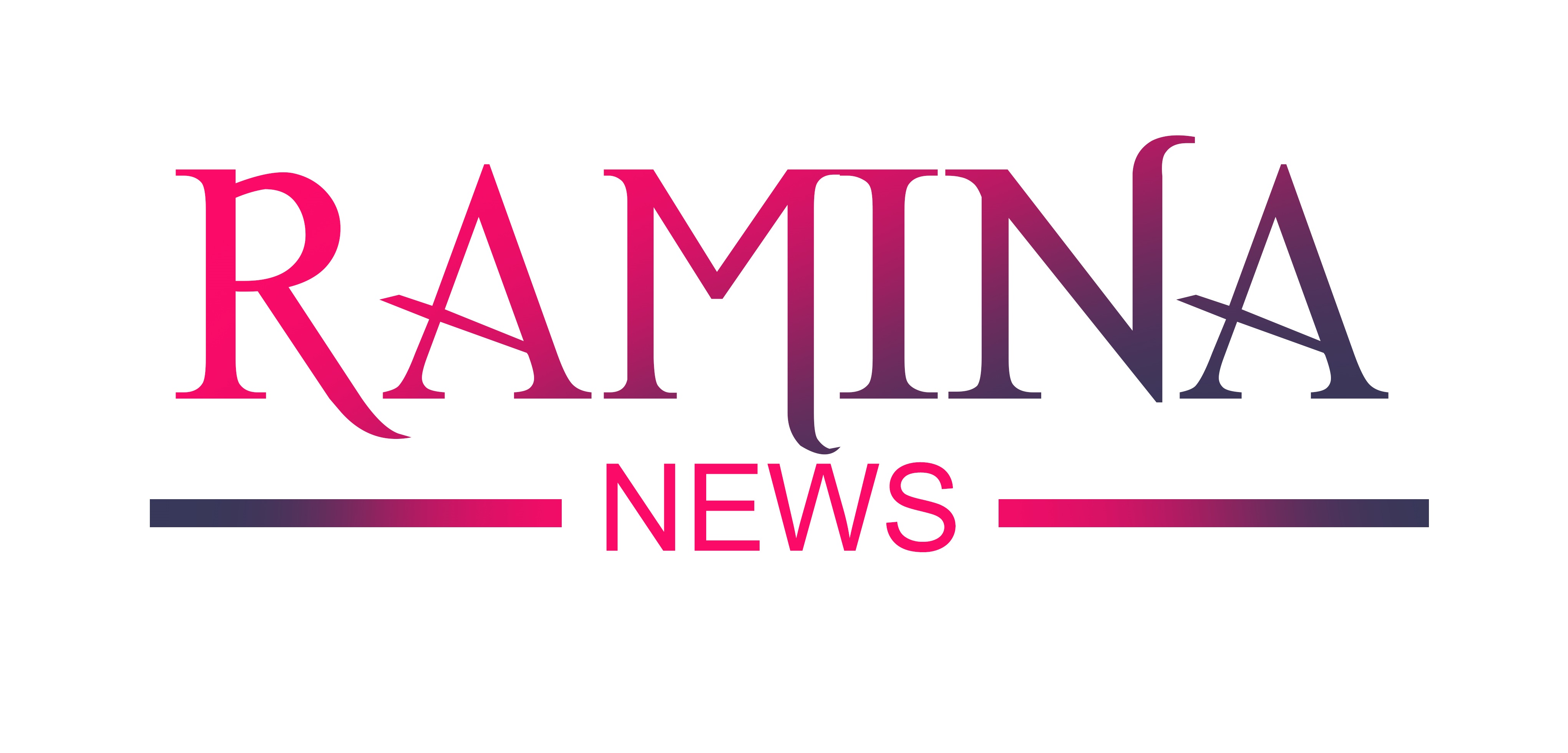
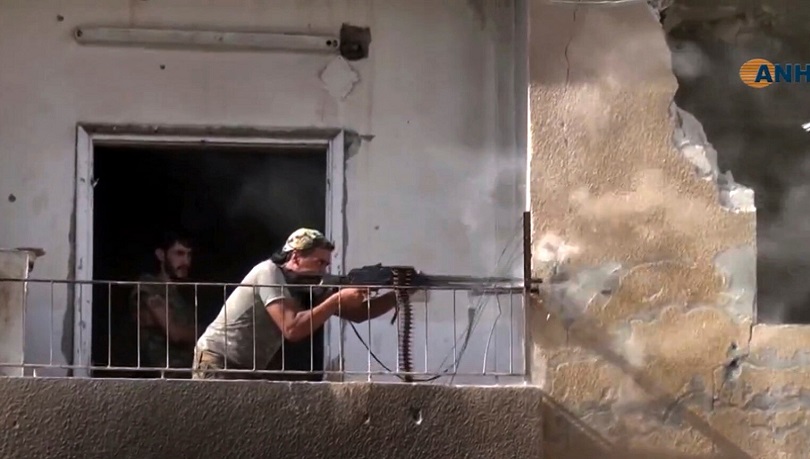

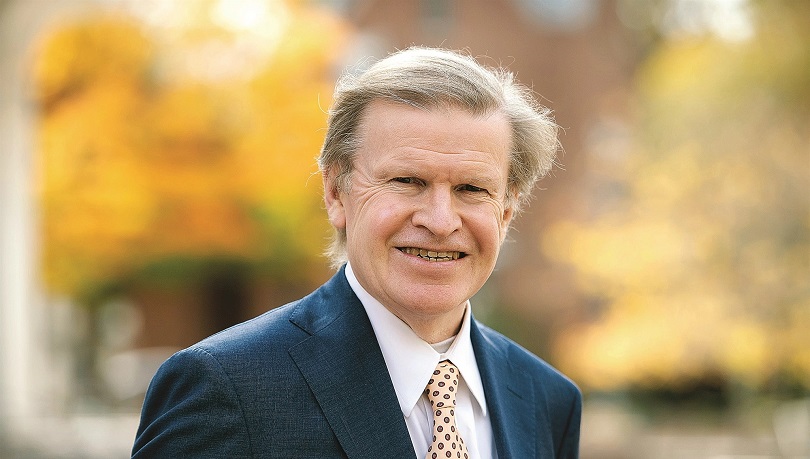
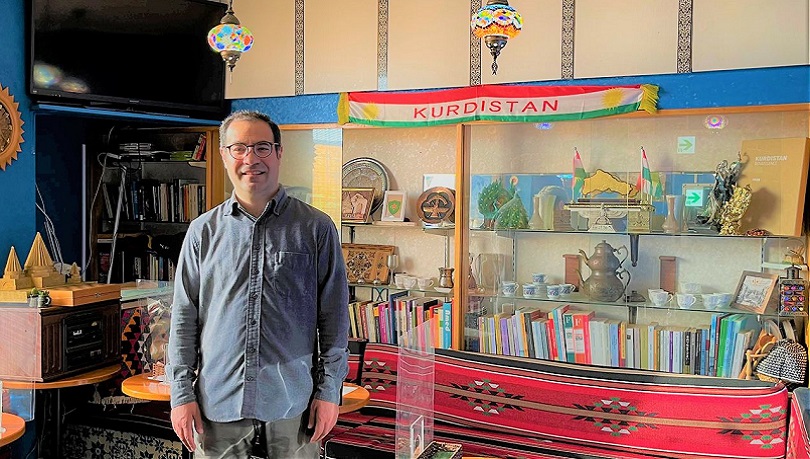


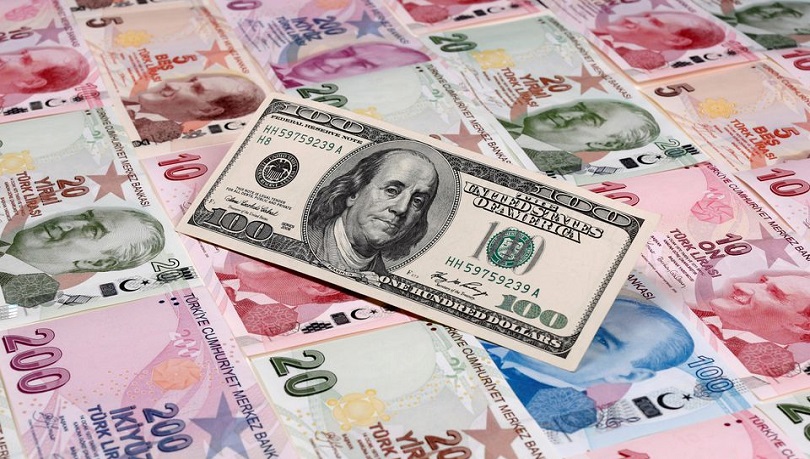
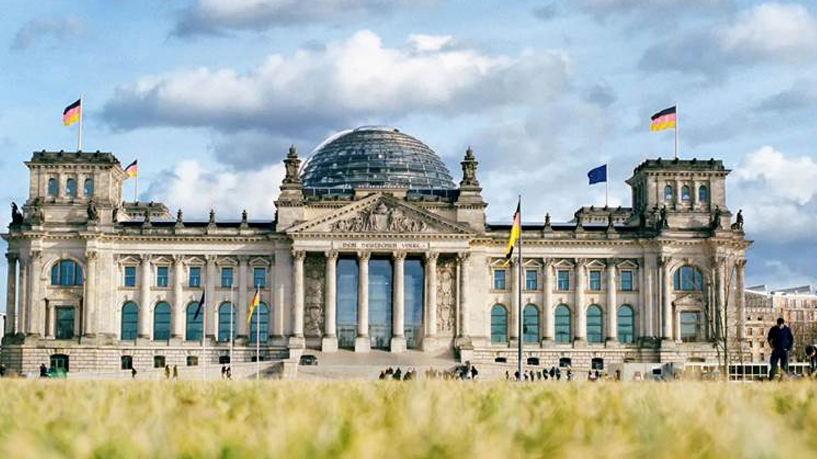
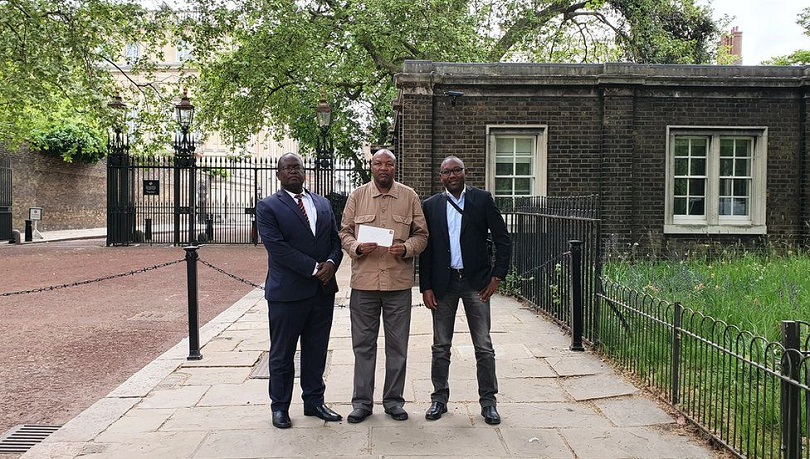



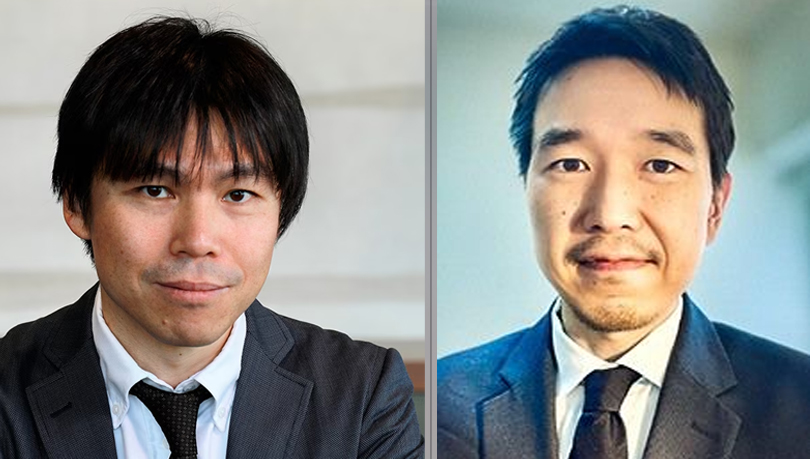
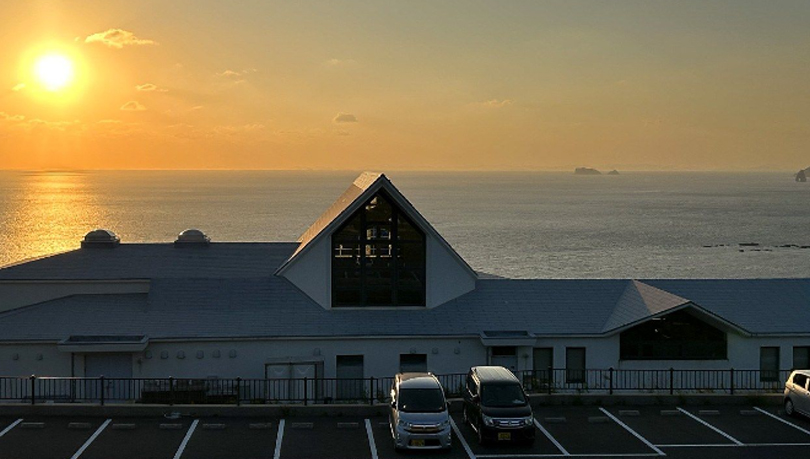

0 Comments